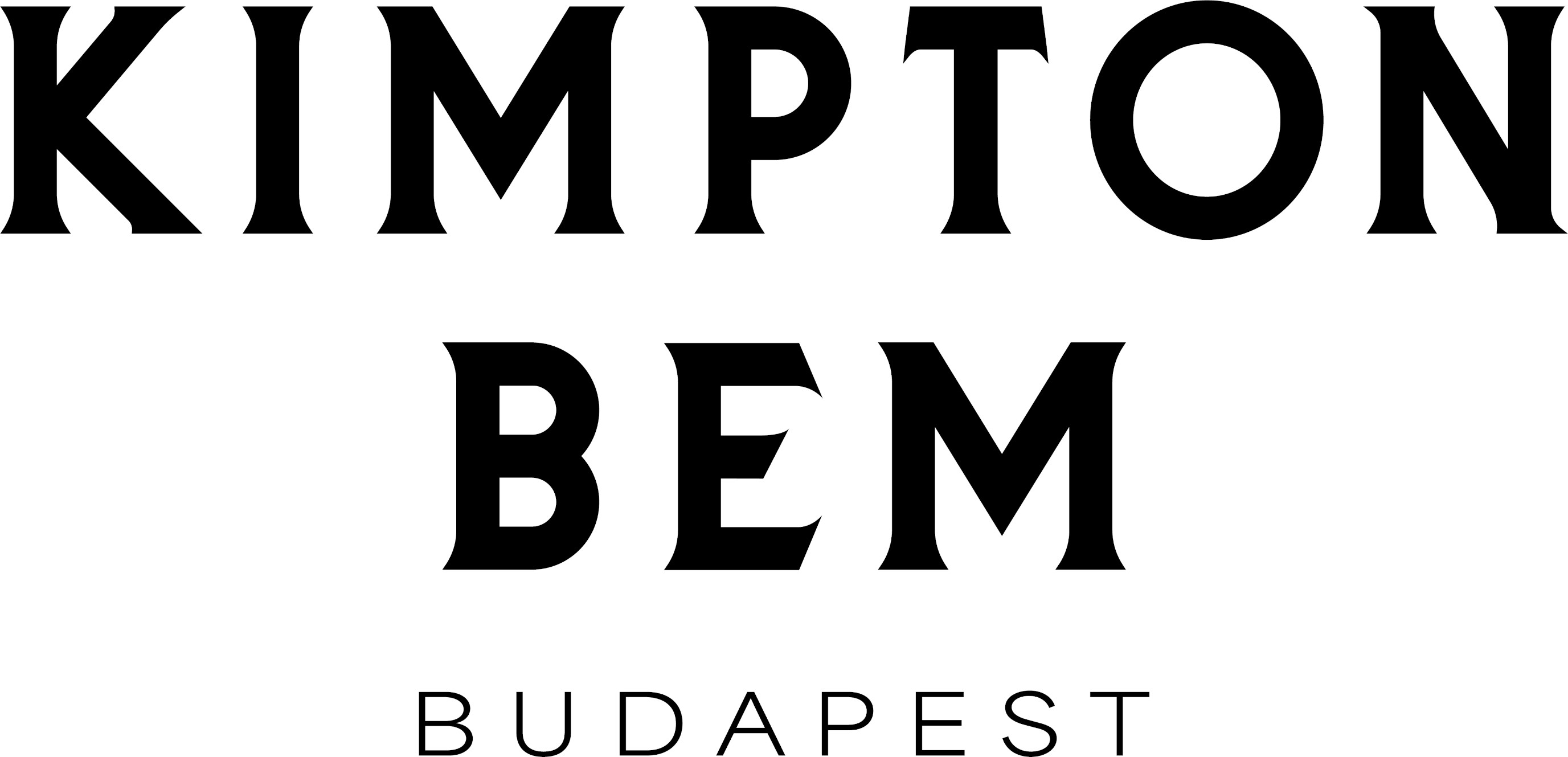Treatment Of Pollen Allergy During Covid-19 Pandemic, By Dr. Rose Private Hospital In Budapest
- 25 Apr 2021 7:50 AM

After a season of early blossoming trees, grass pollen reigns in the airspace, and complaints have already begun in those sensitive to it.

Our questions about pollen allergy during the COVID-19 pandemic are answered by Dr. Magdolna Krasznai PhD, an ear-nose-throat specialist and allergist at Dr. Rose Private Hospital.
Can allergic symptoms be distinguished from COVID-19 symptoms?
Typical symptoms of seasonal allergic rhinitis include a watery runny nose, sneezing, watery eyes, nasal congestion, and itchy eyes, nose, throat, and ears. In such complaints, allergic rhinitis should be considered.
Perennial rhinitis - an allergy to house dust, animal fur, feathers and suchlike - is a leading symptom of nasal congestion, but it can also be accompanied by a runny nose and sneezing.
These symptoms are known in patients with allergic rhinitis who have been previously examined and diagnosed, but those who have not previously noticed these complaints should consider allergic rhinitis and consult a specialist.
COVID-19 symptoms are primarily fever, a cough, shortness of breath, limb pain, and smell and taste disturbances. Overall, no nasal symptoms dominate.
Should we continue anti-allergy treatment in cases of possible COVID-19 infection?
Treatment should be continued in all cases. Patients with allergic rhinitis are advised to start medication before the onset of allergic symptoms. Conventional medication is also used during a COVID-19 infection.
How does administration of a COVID-19 vaccine influence the effects of anti-allergy drugs? Can we use steroid nasal sprays and other anti-allergy medication at the time of vaccination?
Depending on the symptoms, it is recommended to continue treatment for allergic rhinitis. The use of topical steroid nasal spray and antihistamine tablets and sprays is also justified during vaccination!
Can we continue immunotherapy while getting vaccinated?
Continuation of initiated immunotherapy is recommended, but of course on the day of the scheduled COVID-19 vaccination, we may withdraw from the sublingual (under the tongue) immunotherapy protocol. The subcutaneous (under the skin) injection can be programmed to shift by a few days.
What are the conditions that can exacerbate the symptoms of pollen allergy? Can wearing a mask and sunglasses help relieve symptoms?
Neglected chronic nasal and sinus diseases, anatomical deformities, improperly adjusted medication, cross-reactivity caused by meals, stress, air pollution, excessive antibiotic consumption, and poor physical condition can all worsen the symptoms of allergic rhinitis.
Regular wearing of a face mask and sunglasses, frequent nasal washing, hair washing, and the use of an appropriate pollen filter may all alleviate allergic symptoms. Physical activity, sports, exercise, healthy eating and lifestyle can also have a good effect.
For more information and to request an appointment, call +36 1 377 6737.
Click here to visit Dr. Rose Private Hospital online





























LATEST NEWS IN specials